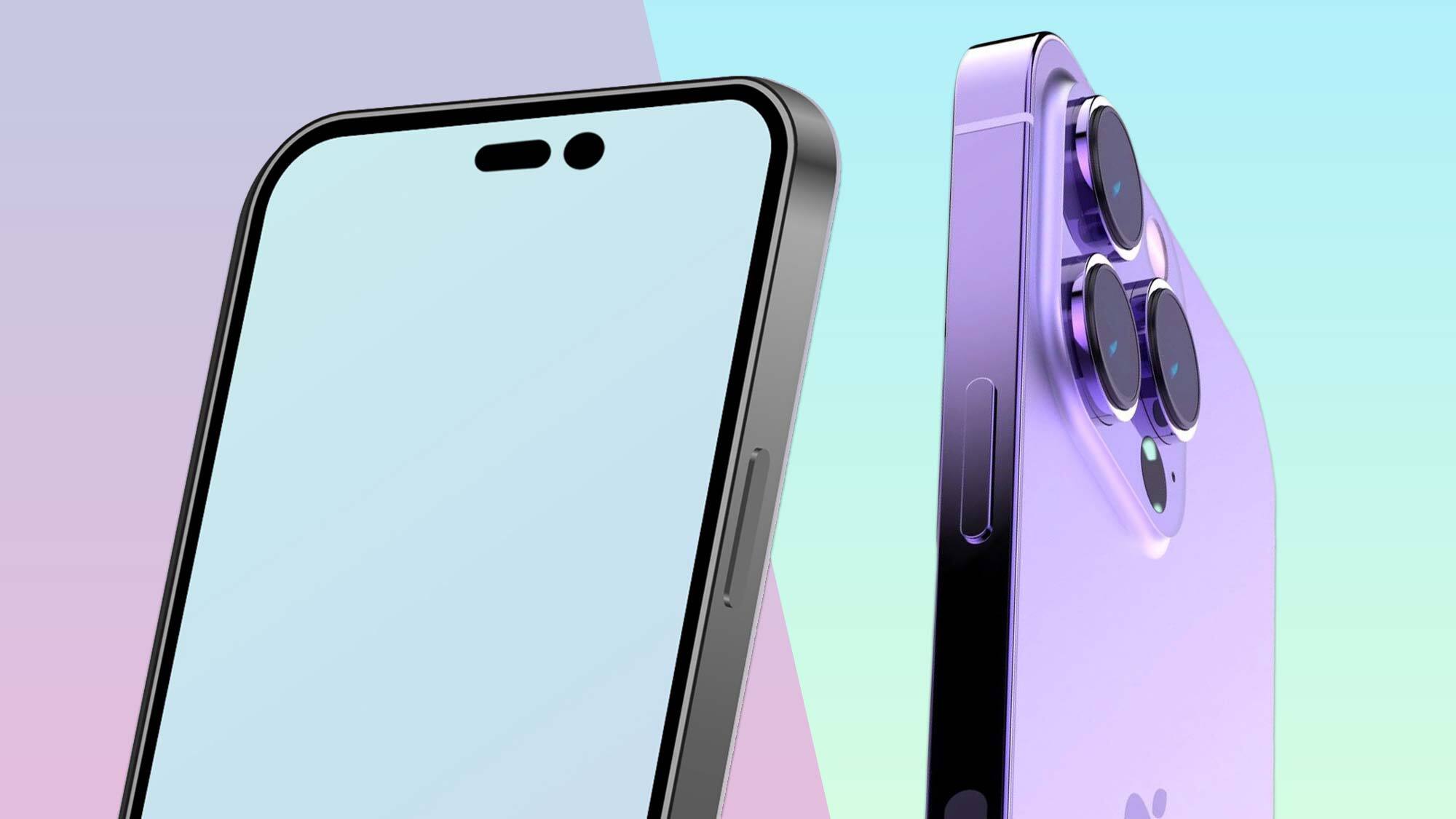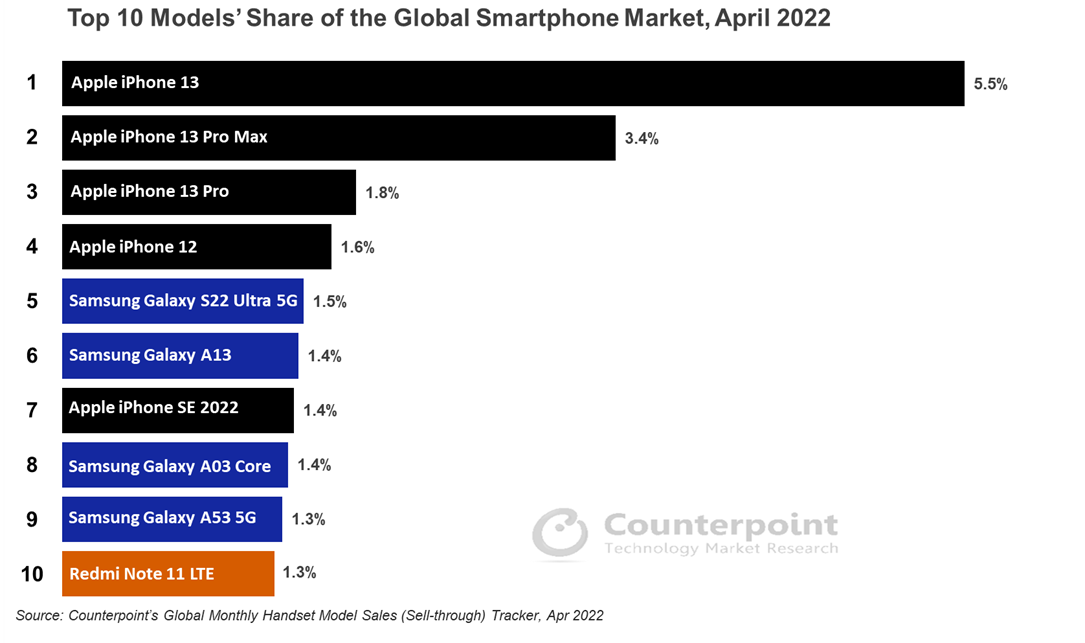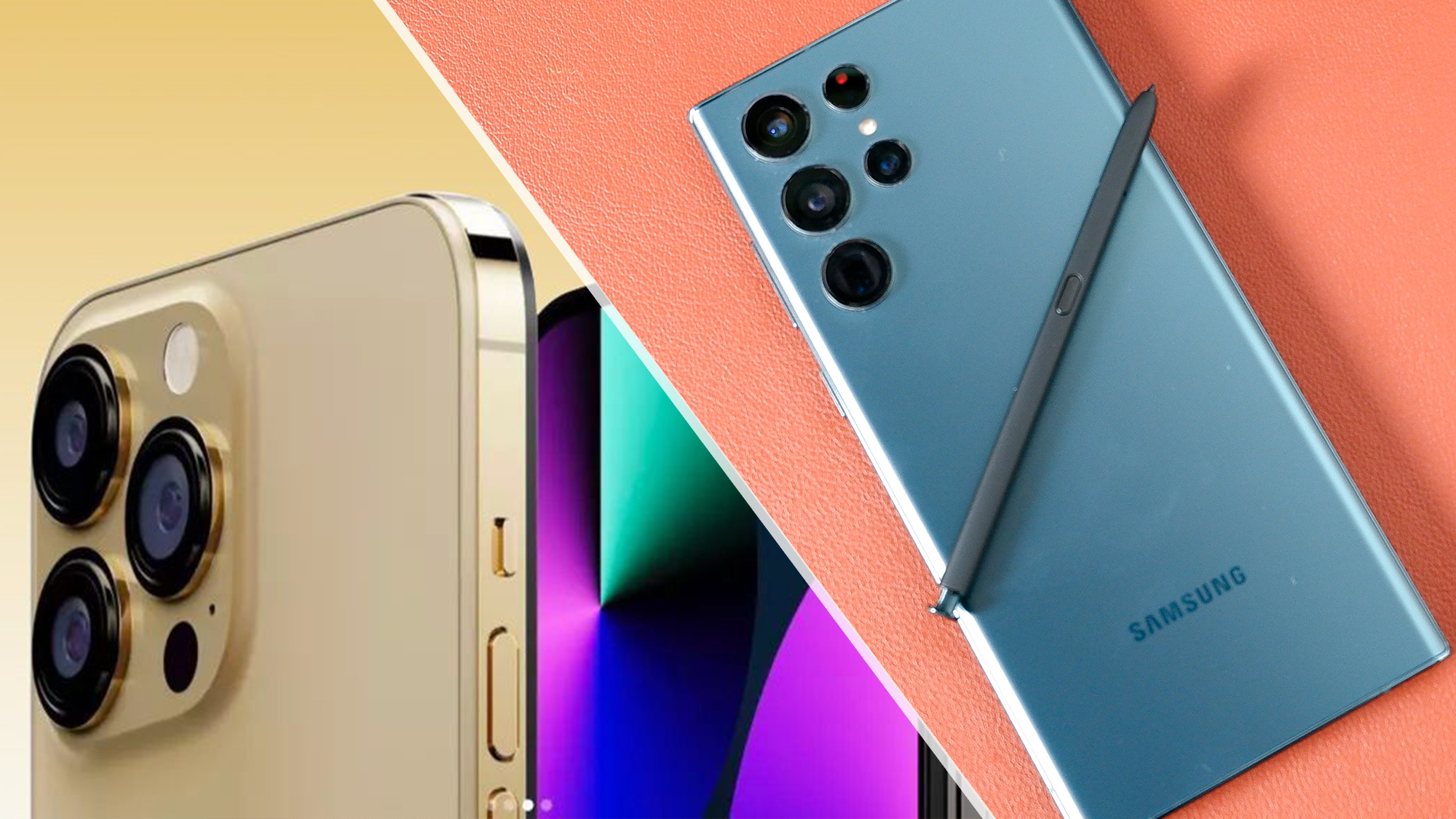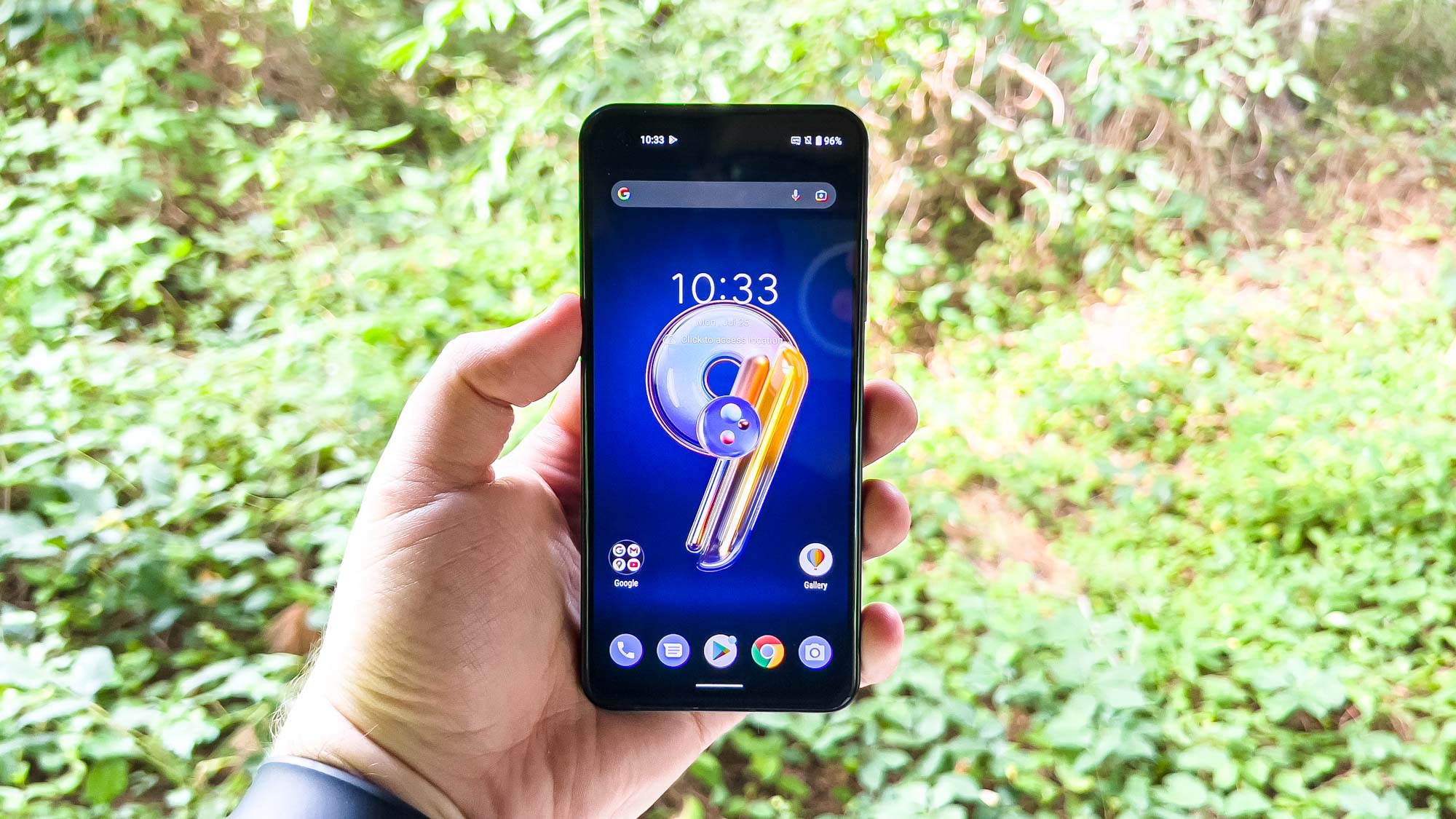iPhone 14 mini — here's why the iPhone 14 Max is likely replacing it
Small phones may soon be a thing of the past

Update: iPhone 14 Pro just tipped for surprise display upgrade over iPhone 14.
Back in March, rumors indicated that the iPhone 14 mini was being canceled. Then in June, it was leaked that the iPhone 14 Max would be replacing the mini and that it would potentially be called the iPhone 14 Plus to differentiate itself as a cheaper large screen option than the iPhone 14 Pro and Pro Max. Despite some debate about the Max name versus Plus, the mini seemed to be tossed aside for good.
Apple won't be launching the iPhone 14 and iPhone 14 Pro lineup until the Apple event in September, so we technically don’t know if the iPhone 14 mini is gone for good. However, all indications are that we will see Apple swap mini for Max (or Plus). The real question is: why?
Why would Apple kill the iPhone 14 mini?
At first glance, killing off Apple’s smaller iPhone offering feels odd. After all, it already has three phones with large screens. Why make a fourth? Won’t that create a gap in Apple’s product line?
The short answer is that customers simply don’t want a smaller smartphone. While a Google search and anecdotal evidence may suggest that this isn’t true, money talks loudest and it says customers don’t like small screens.

In a recent article on the Google Pixel 6a, we cited 2021 smartphone sales data from Counterpoint that indicated iPhone was still the dominant smartphone. But a further look at that same data shows that large iPhones were the dominant smartphone. In fact, iPhone or not, the only smartphone in the top 10 from 2021 with a screen size smaller than 6-inch was the iPhone SE 2020.
Apple has access to this same data — and probably a lot more — and if rumors about the end of the mini are true, they are clearly watching it. They are also probably looking at more recent data, such as Counterpoint’s report from April 2022. Yet again, the only smartphone with a screen smaller than 6-inch in the top 10 is the 4.7-inch iPhone SE 2020.
Get instant access to breaking news, the hottest reviews, great deals and helpful tips.
Noticeably absent? The iPhone 13 mini. Despite every other offering from the iPhone 13 occupying the top three spots, the iPhone mini was nowhere to be found.
With this information, it is hard to make a case for Apple prioritizing the mini. While some users may prefer the days of a smaller phone, the market clearly thinks that smaller screens are a thing of the past.
Why would Apple launch a new iPhone 14 Max, rather than consolidating?

Good question. If you already occupy the top three spots in the market, why not just kill the underperforming line and stick with what works?
The best guess is that Apple sees demand for larger phones. Samsung has a series of larger, less expensive smartphones that take up three of the bottom five spots in Counterpoint’s April 2022 top 10 list. Apple would certainly like to knock Samsung out of those spots, and perhaps they think a larger phone without having all the premium features of the iPhone Pro line will satisfy that need from customers.
The only issue here is the price. While the iPhone 14 Max will likely be cheaper than the iPhone 14 Pro or Pro Max, the iPhone 14 Max has a rumored price of $899. The Samsung phones do not even crack $350, and other less expensive phones like the Google Pixel 6a are still cheaper than the iPhone Max/Plus rumored price.
The reason why the iPhone 14 Max could be the new iPhone to beat is because it will likely cost considerably less than the iPhone 14 Pro Max while offering a big-screen experience. An $899 price might seem premium, but not in comparison to a iPhone 14 Pro Max that's rumored to get a $100 price hike; that would make it $1,199 or $300 more than the regular iPhone 14 Max.
What are my options for a small phone?

If you want a smartphone that is small and manufactured by Apple you currently have a couple of options. The iPhone SE 2020 is still incredibly popular and at less than $400, inexpensive. However, the design feels dated and you don't get a night mode for the camera, which may be a deal breaker for some people.
For a more modern option, go with the iPhone 13 mini. We rated this phone highly, docking it points largely due to its weak fast charging capability. Still, it’s a great phone for Apple fans that prefer a smaller device, even if it never took off the way Apple would have hoped.
However, the crown for best small phone currently belongs to Android. The Asus Zenfone 9 is a brand new smartphone measuring just under 6 inches, and it is one of the best small phones ever. If it is successful, it may become one of the only small phones left once Apple phases out the iPhone mini.

Malcolm has been with Tom's Guide since 2022, and has been covering the latest in streaming shows and movies since 2023. He's not one to shy away from a hot take, including that "John Wick" is one of the four greatest films ever made.
 Club Benefits
Club Benefits





